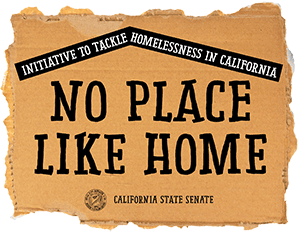Background
California has 22-percent of America’s homeless population. California also has more than one third of the nation’s chronically homeless, and an even higher percentage among homeless women. We also have the largest number of veterans experiencing homelessness, making up 24-percent of the national homeless veteran population. Many veterans are considered at risk of homelessness due to poverty, mental illness, lack of support networks, and dismal living conditions in overcrowded or substandard housing.
Of the 29,178 chronically homeless in California, nearly 85 percent are unsheltered. Serving these individuals can often cost the public more than $100,000 per person each year. It costs more not to deal with this problem than to deal with it.
While housing and mental health services are governed by local governments, it’s clear that the problem is too expansive for the state to stand by the sidelines.
The State Legislature will directly focus on providing assistance to better manage existing resources and assist local governments through incentives for creating and maintaining permanent housing essential to reducing homelessness.
The Senate proposal supports a “housing first” strategy – an approach that has been proven successful in other states.
We’ve seen it work wherever it has been tried, and homelessness experts agree: when you provide safe, secure housing to the homeless, it becomes easier to reach them to provide all of the other services they need.
Mental illness is bad enough without compounding it with homelessness. The longer many people remain homeless, the worse their mental illnesses get and the harder it is to reach them.
By getting people off the streets, we can revitalize neighborhoods and disrupt the ecosystem that leads to homelessness.
